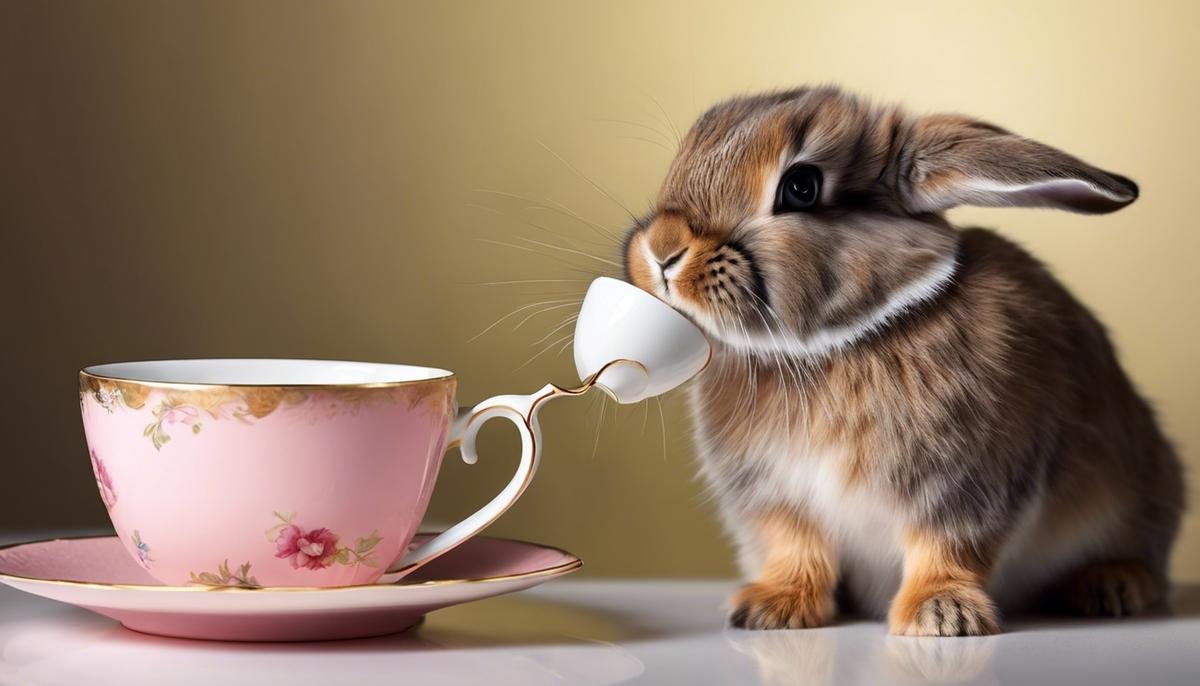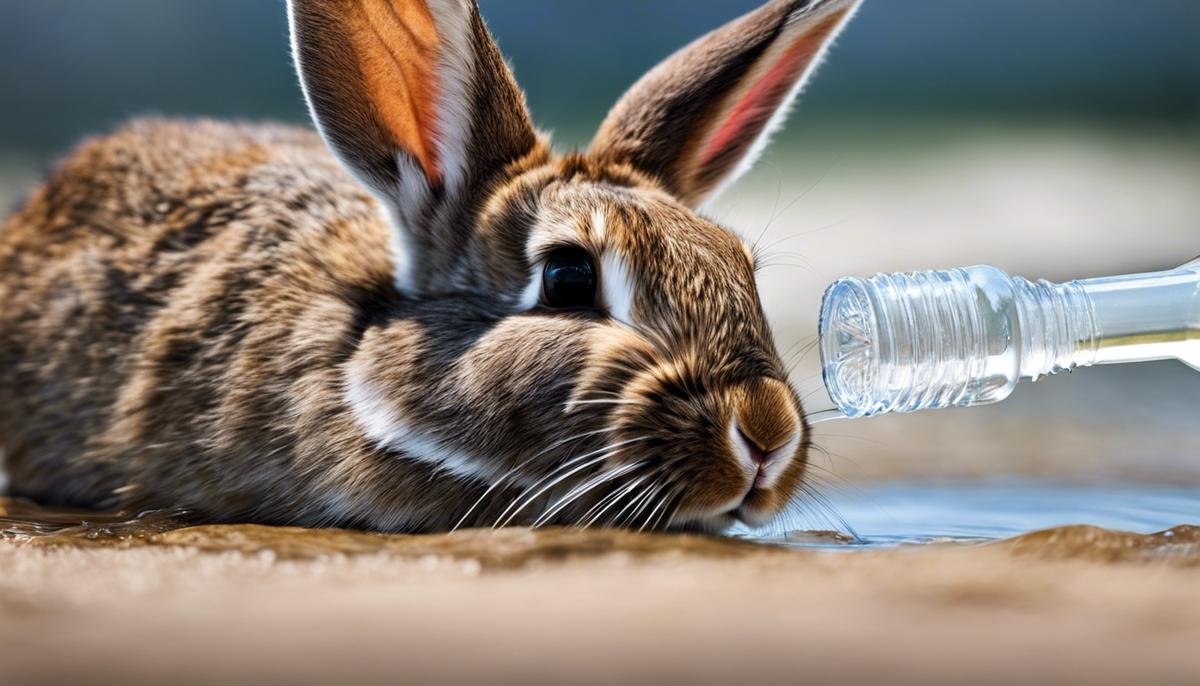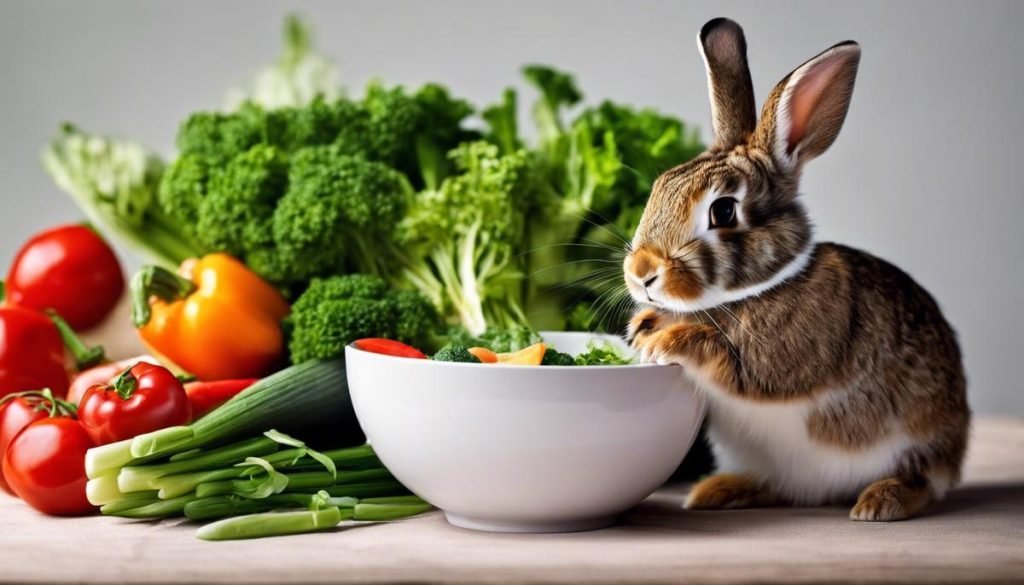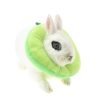The dietary needs of rabbits are unique and specific, much like the conditions required for their comfort and overall wellbeing. Perhaps you are a proud rabbit owner who wants to ensure your pet lives a healthful and happy life, or maybe you’re someone with a general interest in animal health—either way, understanding what rabbits can and cannot consume is crucial. A rabbit’s diet should consist mainly of high-fiber foods such as hay, with water being their primary source of hydration. Their tolerance for sugary or caffeinated substances is notably low, so it makes sense to question whether tea—a widely drunk beverage among humans—can be safely consumed by rabbits. This exploration into the dietary requirements and tolerances of rabbits clarifies such matters and provides insights into what alternative drinks are safe for them.
Understanding Rabbits’ Dietary Needs
Nourishing Your Bunny Buddy: Understanding the Natural Diet of Rabbits
Are you an avid admirer of our lovable big-eared friends, the rabbits? As a devoted pet parent, it’s essential to delve into their natural feeding habits to ensure your fluffy buddy is leading a healthy, energetic, and cheerful life. Let me be your guide as we hop through understanding what rabbits naturally eat and drink to keep their twitchy noses and furry tails wriggling with happiness.
Rabbits are indeed herbivores, meaning that their entire diet revolves around plants. And no, contrary to what some cartoons may have you romanticizing, rabbits don’t thrive off a diet of carrots alone. It’s true, while carrots can be a tasty treat, they are high in sugar and should only be served in moderation.
The staple of a rabbit’s diet should be – wait for it – hay. That’s right, nearly 85-90% of a rabbit’s diet should consist of good quality hay. Hay, particularly timothy, meadow, or grass, is packed with vital fiber that aids in digestion and helps wear down those perpetually growing bunny teeth.
Fresh vegetables, providing vitamins and nutrients, should also form a significant part of your rabbit’s meals, around 10-15% of their diet. Leafy greens like Romaine lettuce, bok choy, watercress, and escarole are super choices. You can also add a splash of color with bell peppers and root vegetables, but remember, moderation is essential to prevent overconsumption of sugars.
Although often overlooked, rabbits need a tiny portion, about 5% of their diet, of high-quality rabbit pellets. Pellets should be plain, without colorful seeds or dried fruit, which are often high in unhealthy sugars. The modest portion of pellets ensures a well-rounded diet and offers minerals, proteins, and vitamins not present in hay or vegetables.
If you feel like spoiling your bunny with occasional treats, sure, those crunchy carrots would fit the bill. Or you can opt for apples, bananas, or sweet pears. But like dessert for us humans, these sweet treats should make up a minimal part of their diet.
When it comes to quenching their thirst, freshwater is the go-to for these whiskered friends. Making sure your bunny always has access to clean, fresh water is paramount for their overall well-being. Contrary to some myths, rabbits do not drink milk or any other beverages.
To wrap it up, the keys to your rabbit’s thriving health lie in a well-balanced diet enriched with hay, varied vegetables, a pinch of pellets, and sprinkling of treats, all chased with a gulp of freshwater. Caring for your bunny means knowing the right menu, and now you’re equipped with the knowledge to make your little furry friend the happiest and healthiest rabbit around. Happy feeding!

The Effects of Tea on Rabbits
What impact can tea have on a bunny’s wellbeing?
As we journey down this rabbit hole exploring different aspects of our furry friends’ diet, it’s important that we touch on a rather debated topic – can rabbits consume tea? While we savour our morning or evening cup of steaming tea, should we extend this tradition to our bunny buddies?
Well, it’s essential to understand that rabbits have unique dietary needs, far different from our own, and this extends to their liquid consumption as well. That’s why water – not tea, not milk or any other liquid, should be the main hydrating compound for our hoppy companions.
The concept of rabbits drinking tea might sound like a charming tea-party scenario straight out of Alice in Wonderland, but the reality isn’t quite as whimsical. Tea, be it green, black, herbal, or any other types, is not the ideal beverage choice for rabbits.
For starters, commercial tea often contains caffeine which is harmful to rabbits. Our fluffy pals are especially sensitive to caffeine and it may lead to an increased heart rate, hyperactivity, restlessness, and in unfortunate instances, can prove fatal. Even decaffeinated tea is not entirely free from caffeine, hence not suitable for rabbits.
But what about herbal tea, you might wonder? Herbal teas, although free from caffeine, can still contain a blend of herbs and plants that shouldn’t be a part of a rabbit’s diet. Unless you’re an herbal expert who knows the ins and outs of safe herbs for rabbits, it’s better to steer clear of them.
Secondly, teas also have traces of sugar and artificial sweeteners, which can lead to overgrowth of harmful bacteria, gastrointestinal problems and obesity in rabbits. Even if you’re considering no-sugar teas, remember that any change in your rabbit’s hydration could potentially throw off their intricate digestive system.
It’s also noteworthy to mention that tea does not have any nutritional value for a rabbit. Their dietary needs lie mainly in the consumption of hay, supplemented with fresh vegetables, a handful of rabbit-safe pellets and a splash of hydration provided by fresh, clean water.
In conclusion, while the idea of sharing a tea-time ritual with your rabbit might seem delightful and bonding, it’s crucial to note that it’s not beneficial, and can in fact be detrimental to the rabbit’s health. Henceforth, even though our little hopping buddies might curiously sniff at your teacup, it’s in their best interest that we keep the Earl Grey to ourselves and let them nibble on their hay and fresh vegetables, as nature intended. After all, a healthy rabbit is a happy rabbit, and there’s no better treat than that for our loving companions.

Safe Alternatives to Tea for Rabbits
When discussing the health of our bunny pals, an important yet often overlooked topic is the consideration of what comprises a healthy drink. As already outlined, rabbits thrive on a diet of hay, fresh vegetables, pellets, and water. But, what about alternative drinks? Are there any that are safe and beneficial for our furry friends?
Remember, rabbits are fragile creatures with sensitive digestive systems. So, experimenting with their fluid intake can potentially harm their health. From this perspective, we need to look at the suitability of alternative beverages like fruit juices, herbal extracts, and other variations that might come up in our thought process.
Fruit juices spring to mind as a seemingly healthy alternative. However, upon closer examination, it’s clear this really isn’t a good choice. Why is this? Firstly, most fruit juices, even the natural ones, contain high levels of sugar. While rabbits will certainly enjoy the sweet taste, too much sugar can lead to obesity, dental issues, and even gastrointestinal problems. Also, fruit juices lack the fiber that rabbits would get from munching into a crunchy apple or nibbling a juicy strawberry, which makes them far less beneficial.
Moving on to the natural, herbal extracts or infusions drawn from certain vegetables. Unfortunately, it’s somewhat of a subjective realm, and there’s no specific evidence to suggest that some supposedly beneficial herbal infusions are in fact better than clean, fresh water. More importantly, some herbs can be harmful to rabbits, so unless being advised by a vet, sticking to water may be the safest option altogether.
What about the in-trend options like coconut water, you may wonder? Well, coconut water is full of electrolytes, true, but it also carries a good amount of natural sugar. Aside from this, it also holds a high potassium level that rabbit kidneys might struggle to process. So, as trendy as it may sound, coconut water probably does not make the best hydration choice for our fluffy jumps.
While discussing alternatives, it’s worth categorically stating that you should never give your bunny anything caffeinated. This includes coffee, black tea, green tea, and certainly no sodas or energy drinks. Caffeine is a stimulant that can cause serious health complications and, in worst case scenarios, can even prove fatal.
Wrapping up the drink discussion, it becomes clear that the tried and true winner remains simple, clean, fresh water. It’s readily available, and it perfectly tends to the hydration needs that are vital for rabbit health. So, when debating over the vast variety of drink options out there for your bunnies, remember this: they don’t need fancy juices or the latest trendy health drink. They simply need an ever-ready supply of fresh, clean water — all day, every day. So, don’t complicate your pet’s diet. Keep it simple, watch them hop about happily, and maintain their health and fluffiness for years to come.

Ultimately, the attention we pay to our rabbits’ diet and hydration greatly influences their overall health and longevity. Though steeped in natural ingredients, tea should be approached with caution, especially when it comes to rabbits, particularly due to the presence of caffeine and other constituents that may pose potential health risks. The insights provided here bring into clear focus the vast array of safe and beneficial water-based beverages that are suitable for your rabbit. These options extend beyond mere water and include a number of healthy alternatives that can hydrate and nourish your pet just as effectively. As always, prior to introducing any new food or drink to your rabbit’s diet, consult with a trusted veterinarian to ensure its safety and appropriateness.



